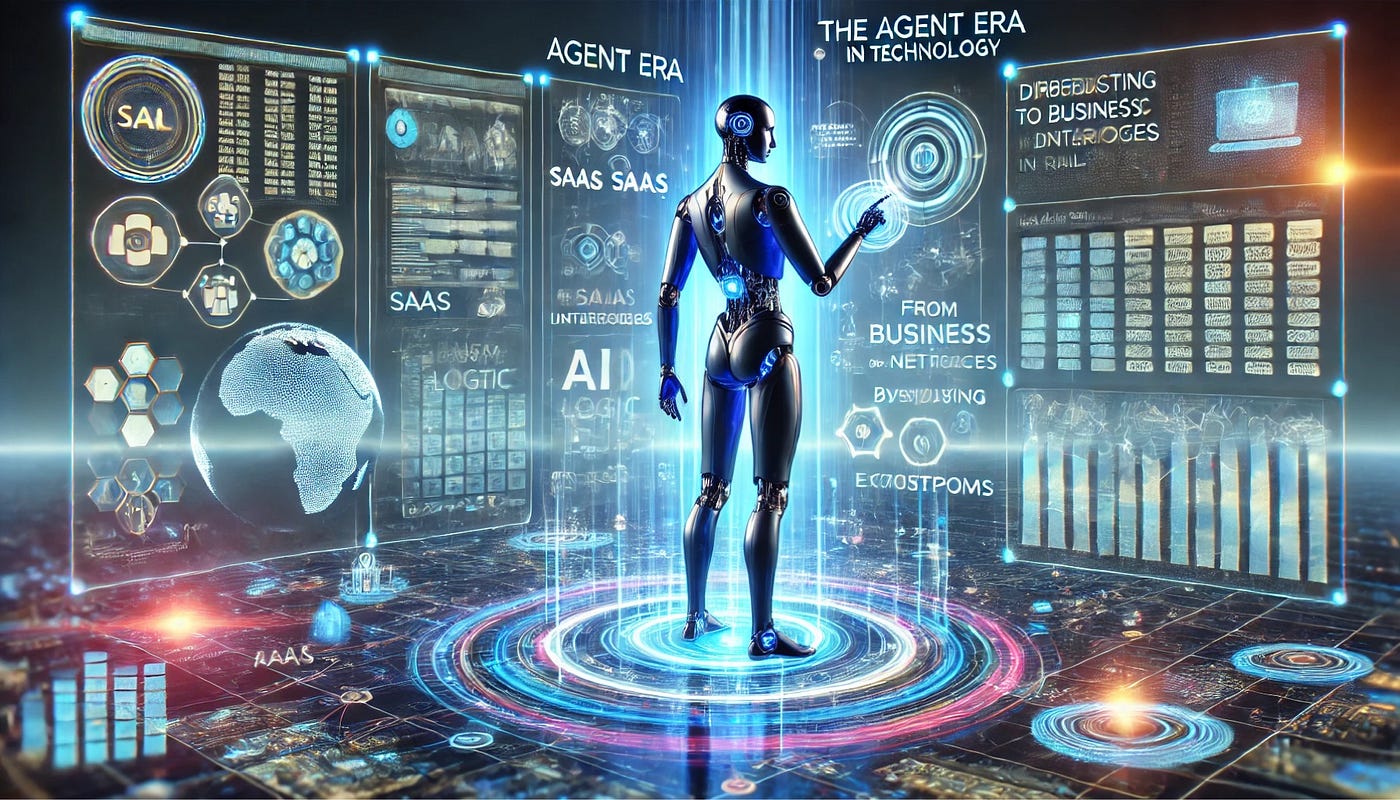How Secure Are Modern AI Agent Development Solutions?
In today’s digital-first world, AI agent development solutions are reshaping how businesses operate—automating tasks, enhancing customer service, and accelerating decision-making. But as their adoption grows, so do concerns about security. With AI agents processing vast amounts of sensitive data and interacting with critical systems, organizations are asking an essential question: How secure are modern AI agent development solutions?
Let’s explore the security landscape of AI agent development, uncovering the risks, protections, and best practices shaping their trustworthiness.
1. Why Security Matters in AI Agent Development
AI agents often have access to sensitive customer data, internal business processes, and third-party integrations. A compromised AI system can lead to:
- Data breaches
- Unauthorized access
- Misinformation or manipulation
- Loss of customer trust
- Compliance violations
With AI agents increasingly embedded in industries like finance, healthcare, and e-commerce, securing them is not optional—it’s mission-critical.
2. Key Security Features of Modern AI Agent Solutions
Modern AI agent development platforms are built with enterprise-grade security in mind. Here’s how they protect against potential threats:
a. Data Encryption
All communication between users, AI agents, and servers is encrypted using industry standards like TLS (Transport Layer Security). Data stored at rest is also protected using encryption protocols like AES-256, ensuring no plain-text exposure.
b. Role-Based Access Control (RBAC)
Advanced platforms implement granular access control, allowing organizations to define who can build, deploy, or manage agents—and what data each user can access. This minimizes internal risks.
c. Audit Logs and Monitoring
AI agent platforms maintain comprehensive logs that track every interaction, access attempt, and configuration change. Real-time monitoring helps detect and respond to suspicious behavior before it escalates.
d. API Security
As agents often rely on APIs for integration, platforms secure API endpoints using authentication tokens, rate limiting, and input validation to prevent misuse or exploitation.
e. Privacy Compliance
Modern AI solutions are designed to support compliance with global privacy regulations like GDPR, HIPAA, and CCPA, with built-in tools for data anonymization, user consent, and right-to-be-forgotten workflows.
3. Emerging Security Threats and Risks
Despite robust safeguards, AI agents are not immune to evolving cyber threats. Key risks include:
- Prompt Injection Attacks: Malicious users may craft inputs that manipulate an AI agent’s behavior.
- Model Inversion: Hackers may try to reconstruct training data from the model’s responses.
- Data Poisoning: Feeding corrupted or biased data into AI training pipelines can skew results or cause harm.
- Third-Party Vulnerabilities: Integrating with insecure external services may open backdoors.
These threats make it essential for developers and organizations to adopt a security-first mindset when deploying AI agents.
4. Best Practices for Securing AI Agent Solutions
To ensure end-to-end protection, companies must go beyond platform features and follow proactive security practices:
- Secure Development Lifecycle (SDLC): Integrate security checks at every phase of AI development—from design and testing to deployment.
- Regular Model Audits: Periodically audit and retrain AI models to detect bias, errors, or vulnerabilities.
- Input Validation & Sanitization: Sanitize user inputs to prevent prompt injection and malformed queries.
- Least Privilege Principle: Grant only the necessary permissions for AI agents and users to minimize risk exposure.
- Security Awareness Training: Educate developers and operators on secure AI usage and the latest threat vectors.
- Incident Response Planning: Have a clear protocol in place to detect, report, and contain security breaches involving AI agents.
5. The Role of Cloud Providers and AI Platforms
Leading AI platforms (like OpenAI, Google Cloud AI, Microsoft Azure AI) and cloud infrastructure providers offer robust security toolsets:
- Isolated environments to run agents safely
- Secure model hosting to prevent unauthorized access
- Threat detection systems powered by AI itself
- Compliance certifications like ISO 27001, SOC 2, and FedRAMP
Choosing a trusted provider with a strong security track record is a crucial first step in safeguarding your AI agent ecosystem.
6. Balancing Security and Innovation
Security should never be an afterthought—but it shouldn’t stifle innovation either. The most effective AI agent solutions are those that:
- Protect user data
- Prevent misuse
- Enable safe experimentation
- Adapt to new threats continuously
Modern platforms make this possible by offering security-by-design, allowing developers to build innovative agents without compromising integrity.
7. Future of AI Security: What to Expect
As AI agents become more autonomous and embedded in critical systems, the security focus will only intensify. Future trends may include:
- AI for AI Security: Using AI models to detect anomalies and defend against AI-specific attacks
- Zero Trust Architectures: Enforcing strict identity verification at every interaction point
- Explainable AI (XAI): Offering transparency into how AI agents make decisions—important for trust and compliance
- Federated Learning: Training models on distributed data without centralizing it, reducing privacy risk
These advancements will further strengthen the secure development and deployment of AI agents.
Conclusion: AI Agents Are Secure—With the Right Measures
So, how secure are modern AI agent development solutions? The short answer: They’re as secure as the effort put into building, configuring, and managing them.
While AI platforms offer strong built-in protections, ultimate security depends on how organizations adopt and maintain these solutions. By combining trusted platforms with best practices, businesses can confidently leverage AI agents—driving innovation without compromising on safety.
In a world where digital trust is paramount, secure AI agent development isn’t just a technical requirement—it’s a strategic imperative.

